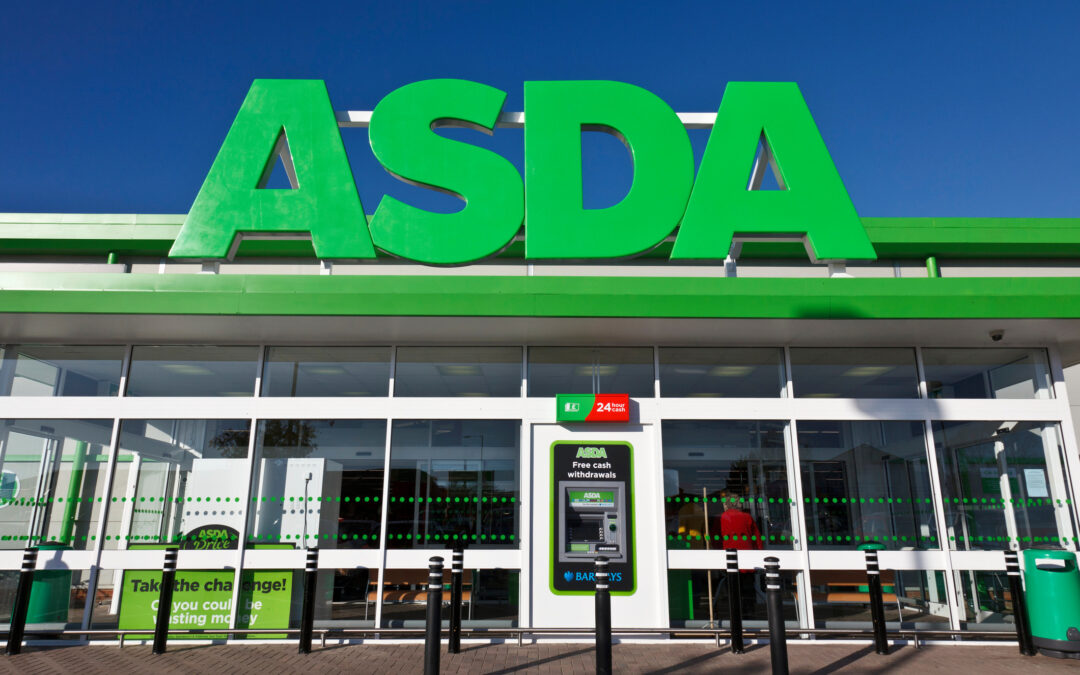Two retail veterans are lining up to front rival £6.5bn private equity bids for Asda, the UK’s third largest supermarket.
Rob Templeman, a former chief executive of Debenhams, is understood to be assisting Apollo Global Management, while Paul Mason, a former Asda chief executive who also once led discount fashion group Matalan and the now defunct Somerfield supermarket, is linked to Lone Star Funds.
Asda’s US owner, Walmart, restarted talks on the sale of a stake in July, 15 months after the collapse of a planned merger with Sainsbury’s. It is understood a deal could be announced by the end of September.
Talks involving Lone Star and two other private equity firms, Apollo and TDR Capital, were paused in April after the coronavirus pandemic hit the UK. TDR is now believed to have dropped out of the process.
Walmart, which bought Asda in 1999, is expected to retain a minority stake in the supermarket supermarket under the deal, which could be concluded by the end of the year, according to Sky News which first reported Templeman and Mason’s involvement.
While no price for Asda has been revealed, the chain, which has more than 600 stores and accounts about 15% of the UK’s grocery market, was valued at about £7bn at the time of the planned merger with Sainsbury’s.
It is unclear whether Templeman or Mason would take an active role at Asda after any deal was concluded, butit is thought either could take the role of chairman.
Templeman has a long-standing relationship with Apollo, having advised on several deals and chaired Gala Coral, the bookmaker which is now part of GVC Holdings. He currently chairs the roadside rescue group RAC.
Mason ran Asda until 2001 and has since led a number of private equity businesses with mixed success, including Somerfield and the fashion businesses Cath Kidston, Matalan, New Look and Dr Martens. He previously worked with Asda’s chief executive, Roger Burnley, at both Asda and Matalan.
Walmart has said it eventually wants to float Asda on the stock market, but that ambition could be years away, given the volatility of markets. It is understood that it views a private equity deal as a way to secure new investment in Asda in preparation for any initial public offering.
Asda wants to expand online but keep prices low as it tries to fend off competition from Aldi and Lidl which have stolen its position as the UK’s cheapest supermarket. Tesco, Sainsbury’s and Morrisons have also slashed prices in recent years in a tough battle for customers.
While supermarket sales have surged during the pandemic, with shoppers cooking more at home because of the shuttering of restaurants, cafes and coffee shops, costs have risen because of the increase in online deliveries and because of physical distancing measures and the need to shield clinically vulnerable staff.
Earlier this week Asda said it wanted to expand its grocery delivery capacity by 40%. Strong online sales helped lift underlying sales by 3.8% in the three months to the end of July.
Source: The Guardian




